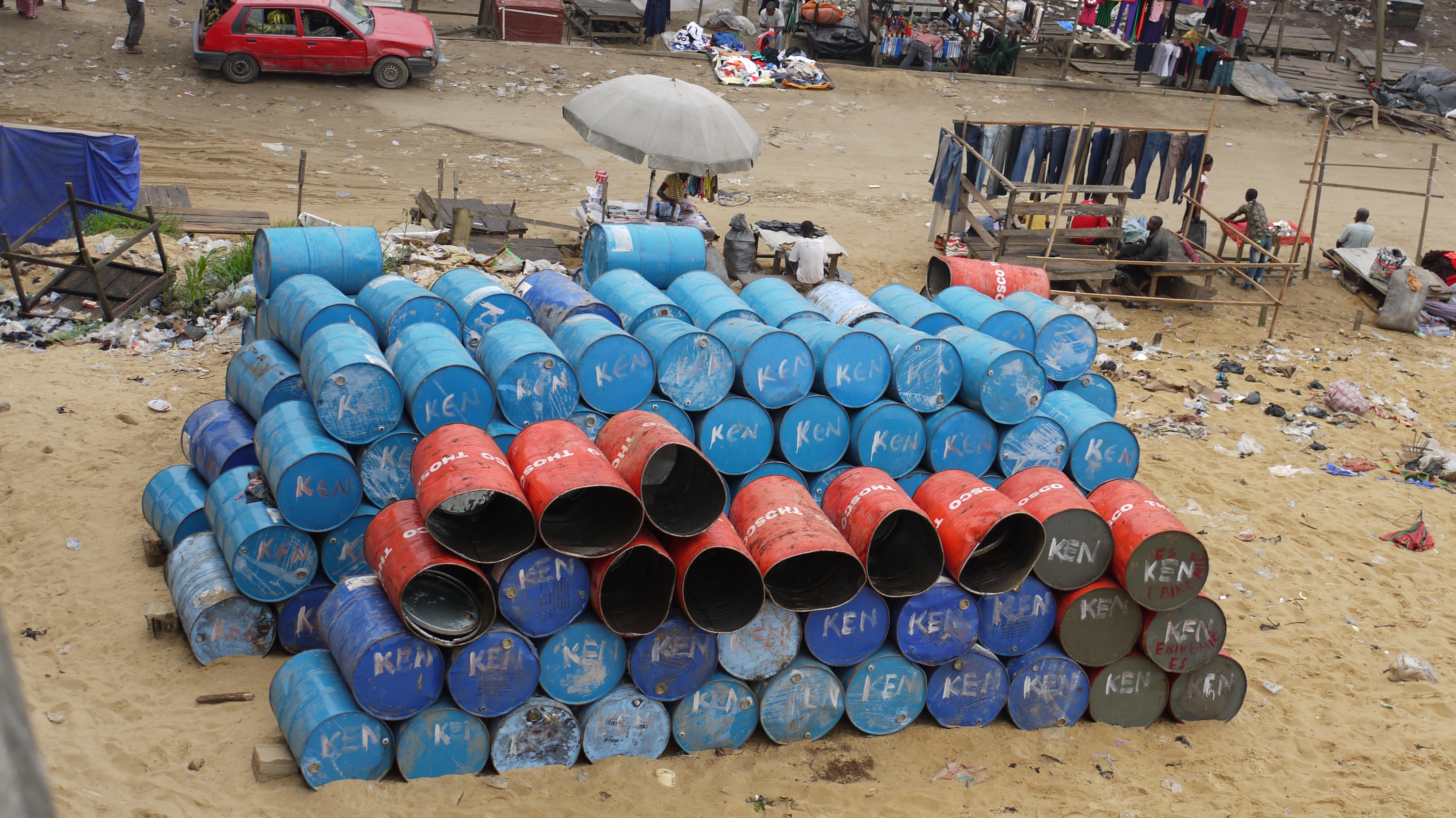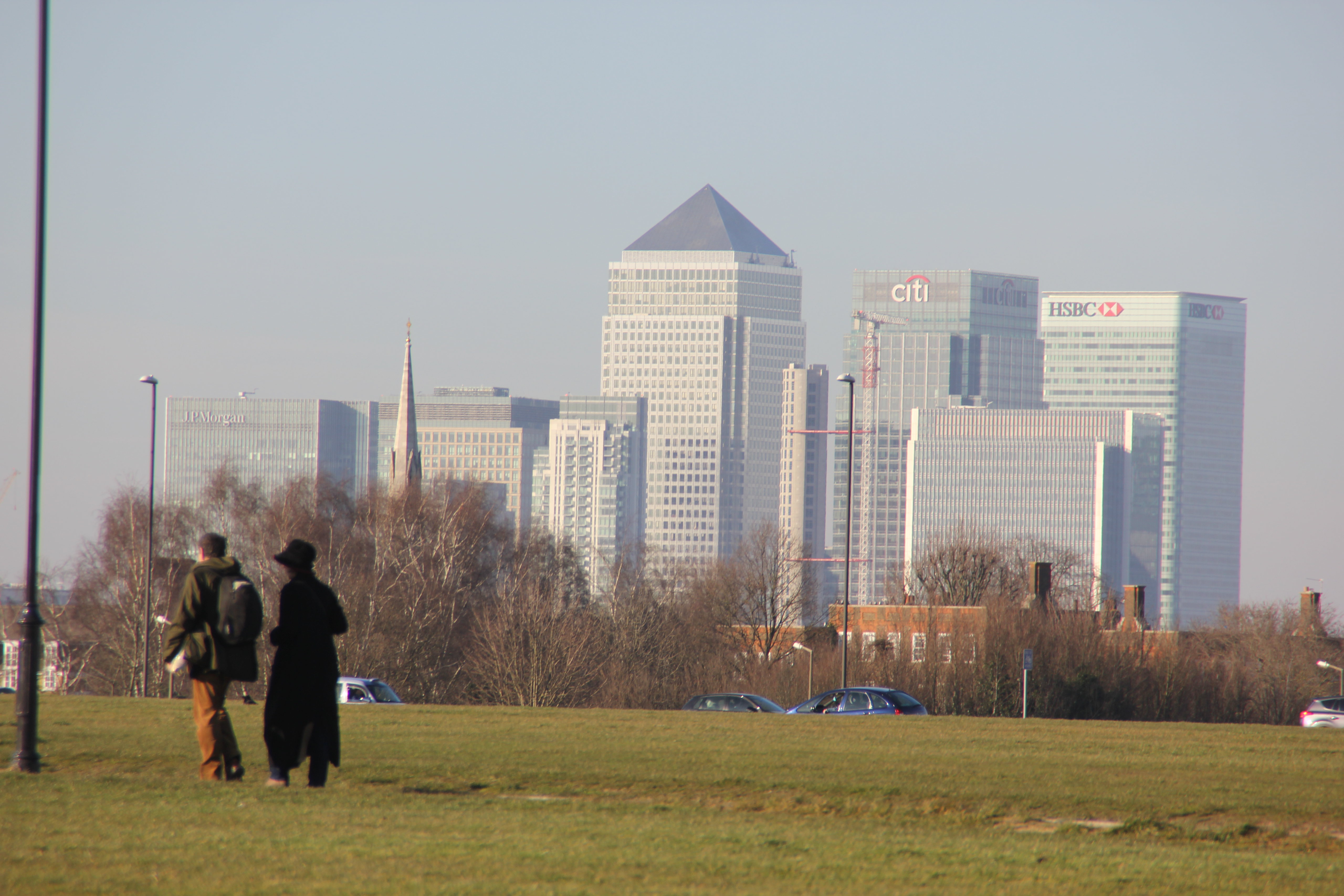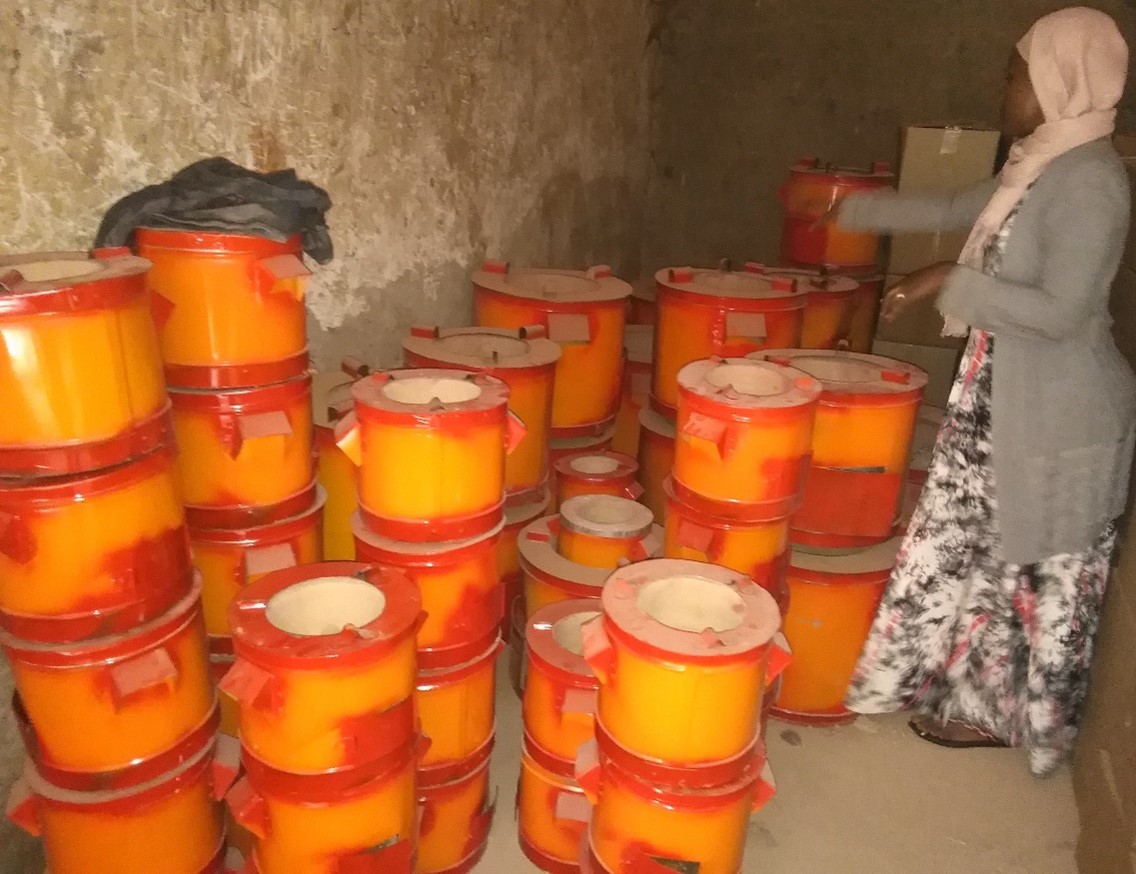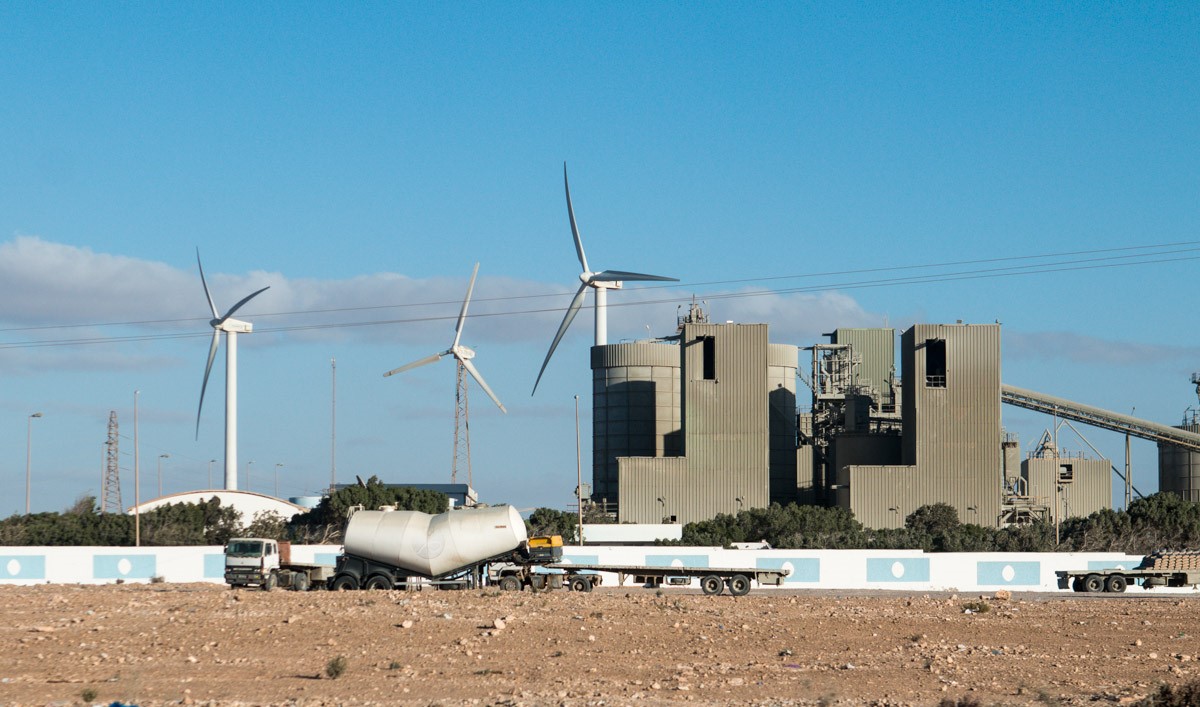Nigeria has announced plans to remove its consumer fuel subsidy. While this might lead to a reduction in carbon emissions, without supplementary support the removal might increase inequality and increase the economic pressure on Nigeria’s population, writes Eyo Eyo.
In his inauguration speech, the new president of Nigeria, Bola Ahmed Tinubu announced the total removal of consumer fossil fuel subsidies. He expressed concerns that the subsidy scheme was increasingly favouring the wealthy population at the expense of the poor masses and stressed that the subsidy’s escalating costs could no longer be justified.
Fossil fuel subsidies are typically measures that are either aimed at reducing the expenses associated with fossil fuel energy production or reducing the amount paid by, usually domestic, energy consumers.
In Nigeria, the government fixes the price of petrol for consumers below the international price and uses government resources to pay for the difference. Nigeria’s oil is mainly refined in Europe and then imported back into the country because Nigeria’s three major refineries are in a state of gross decay. Therefore, the price of imported oil (which is mostly determined by international market forces) are typically higher than any national prices assuming the products were refined in Nigeria. This explains why the expenses on petrol subsidy has been considered by the Nigerian government as being no longer workable.
Shortly after the announcement that the subsidy would be removed the state oil company NNPC Limited, raised the price of petrol 200 per cent from 189 Naira per litre to 570 Naira.
This triggered an escalation in the prices of consumer goods and services within Nigeria. Many citizens expressed their discontent and frustration, lamenting the implications of these changes.
The government has attempted to promote the potential benefits of eliminating the fossil fuel subsidy including more resources for investments in public infrastructure, education, and healthcare.
The prevailing global perspective suggests that maintaining fuel subsidies often results in inefficiencies and financial leakages. Consequently, there is a growing consensus that all nations must ultimately eliminate fossil fuel subsidies to fulfil their climate change obligations.
There is a mounting body of evidence that fossil fuel subsidies lead to increased greenhouse gas emissions, contributing to climate change and eco-anxiety globally. In addition, a consensus among Nigerian economists has emerged, affirming that the subsidy system was not financially sustainable. The amount spent on fuel subsidy has fluctuated in recent years, reports seem to suggest that the amount roughly budgeted in recent times up to the year 2023 is a staggering £960 million a month. These figures are reported to surpass the government’s expenditure on education, health, and infrastructure during the respective periods examined.
Nonetheless, despite the apparent agreement among the elite regarding the necessity of removing subsidies, it is imperative to approach this move with political caution and precision, particularly in the context of a developing nation like Nigeria.
If poorly handled, consumer fossil fuel subsidy reform or removal can disproportionately impact vulnerable households, trigger social unrest, and cause profound inequality.
History and realities of fuel subsidies in Nigeria
Since the 1970s, Nigeria has implemented a fuel subsidy program, initially aimed at mitigating the effects of increasing global oil prices on its citizens. This initiative involved the government consistently selling petrol to Nigerians at below cost prices.
After the enactment of the Price Control Act in 1977, fuel subsidies became institutionalised in Nigeria, leading to the establishment of regulated prices for certain products, including petrol. This legislation made it unlawful to sell these products above the prescribed price.
The Price Control Act was introduced during the regime of the former military head of state, Olusegun Obasanjo as a response to the global “Great Inflation” era of the 1970s, which was characterised by a significant increase in energy prices worldwide. The purpose of this law was to mitigate the impact of rising energy costs and provide a cushioning effect on the Nigerian economy. While this objective was largely achieved, it was delivered at great environmental cost and has now become financially unstainable.
Tread with care
The Nigerian government appears determined to proceed with its policy of removing the fuel subsidy. However, it is important that this decision is implemented in a manner that does not compromise the ability of low-income individuals to access an acceptable standard of living. Hence, to ensure a fair transition, it is imperative that the subsidy removal is accompanied by adequate social safety nets, protective measures, and diplomacy.
The Nigerian government should prioritise a complete understanding of the socio-economic conditions in communities that will be affected by the subsidy removal and related reforms. This will involve conducting a thorough analysis of the levels of subsidy support that was provided and examining the distributional impacts associated with its withdrawal.
In the same vein, the government should conduct a thorough examination of the cost of governance, which is widely considered to be unreasonably high. Drastic reductions should be implemented to free up more resources that can be effectively utilised for developmental purposes.
The government must seek to ensure consistent social and political support for the fuel price reforms and subsidy removal. The fossil fuel subsidy reforms should incorporate compensatory measures specifically designed to support the poorest and most impacted households, which may involve establishing social safety nets. These reforms should concentrate on strengthening the existing social welfare benefits, such as implementing cash transfer mechanisms and temporary basic income initiatives to mitigate for the increase in fuel prices.
The government should engage in effective public communication and foster deep stakeholder engagement to gain widespread support across society and different sectors. Clear explanations and demonstration of the environmental effectiveness and equitable distributional impacts of the reform will help secure public confidence. One crucial element of success building consensus around key approaches in the implementation of the reforms. This may require close collaboration with experts and opinion leaders alike.
Nigeria’s consumer fossil fuel subsidy removal requires careful handling. Cautious implementation is vital to avoid disproportionate impacts, social unrest, and exacerbate inequality. To ensure a fair transition, the Nigerian government should accompany subsidy removal with robust social safety nets and protective measures. A comprehensive understanding of the socio-economic conditions in affected communities is crucial. Public communication, stakeholder engagement, compensatory measures, and cost reductions are critical components of successful implementation.
Photo credit: Stakeholder Democracy used with permission CC BY-NC-ND 2.0






Very informative and thought-provoking. While I believe the fuel subsidies should be removed, primarily because they are untargeted and wasteful. You are correct in emphasizing the importance of careful implementation and the need to have a comprehensive understanding of Nigeria’s socio-economic landscape. This will ensure that the removal of subsidies is carried out in a manner that minimizes negative impacts and promotes fairness and equity.
Yes Ebrima Faal…There is a balancing act to be made.
This is a complete write up, it is very important for the government to look intrinsically at the handling and implementation which has already being perceived negativity and proper measures are not taken may lead to social unrest. If taken into consideration the supplementary budget and the cushioning effect for the legislature, the low income earners and populace at large may stir up actions in rejection to the hardship meted on them.